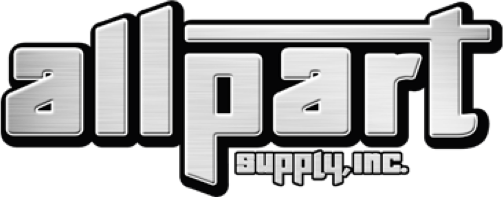Lift Parts Training
Lift Vehicles the Right Way
Proactive vs Reactive



The best advice we can offer on lift maintenance to avoid costly downtime is to be proactive rather than reactive. Perform routine daily/weekly inspections on lifts to ensure the lift is safe and optimal operating condition before use. Also, have an ALI certified technician perform regular inspections on lifts to meet local and national safety requirements. Taking ALI’s Lifting It Right online course is highly recommended.
Before using an automotive lift, check for the following:
- Hydraulic Leaks
- Frayed or damaged Cables
- Metal shavings in baseplate of lift
- Excessive component wear
- Worn rubber pads or adapters
- Loose Anchor Bolts
- Locks/Restraints not functioning properly
If any of the conditions above are spotted around the lift, call a certified lift inspector/technician immediately.
ALI Programs
Allpart trusts the Automotive Life Institute’s commitment to the industry’s common good. The ALI has been the leader in establishing safety standards for design, manufacturing, installation, and operation of automotive lifts, including two-post lifts, multi-post runway lifts, parallelogram lifts, scissors lifts, inground lifts, mobile column lifts, and low/mid-rise lifts.
We recommend visiting the Automotive Lift Institute website for training, education, and information regarding automotive lift repair and replacement parts.
If you have Lifts in your shop, get involved with ALI today!
